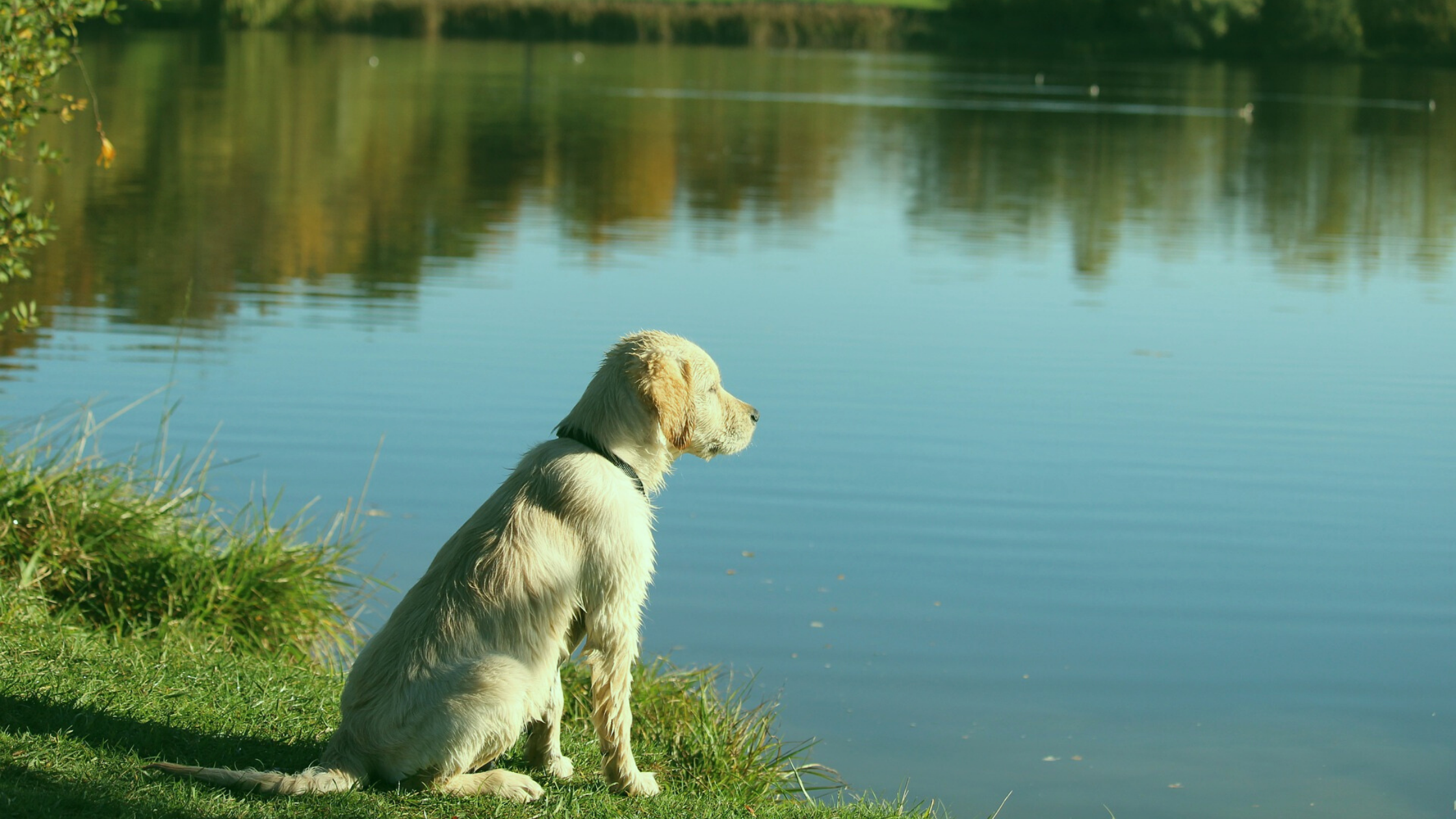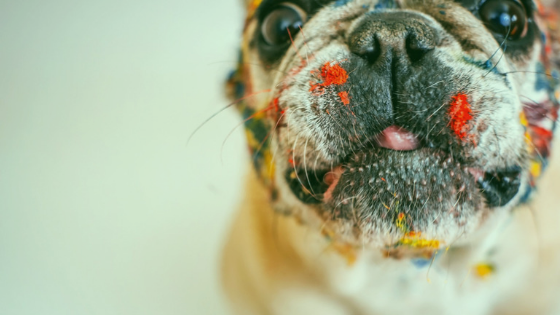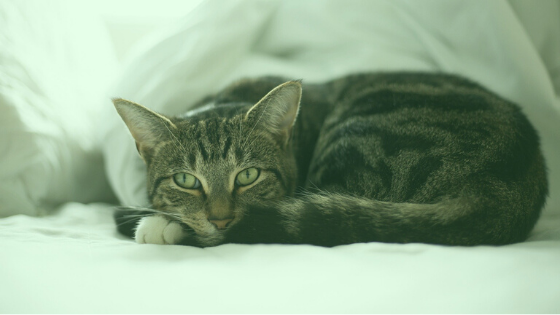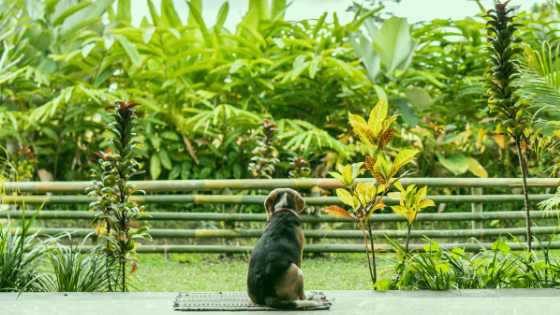Are Holiday Plants Toxic To Pets?
Ask PHP Pete!
Dear PHP Pete,
We live in a “Winter Wonderland!” We love to “Deck the Halls” during the holiday season with lots of bright, cheery plants. This year is extra special because we have two new furry friends, a cat named “Jingle Bells” and a dog named “Jolly.” Not everything is “merry and bright” however, we have heard that some holiday plants are toxic to pets. Is this true? Which plants are toxic? Are we doomed to a “Blue Christmas?” Please help!
Sincerely,
The Concerned Clauses
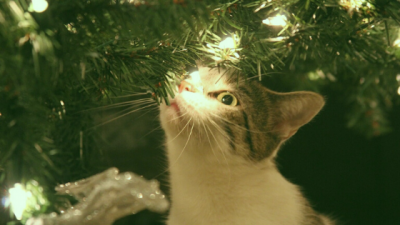
Dear Mr. and Mrs. Claus,
Having furry friends doesn’t have to mean a drab holiday home; however, some holiday plants can be toxic and it is important to be aware of the risks.
- Poinsettias are classic this time of year; and, toxicity from these plants is not as great as once thought.
- Christmas cactuses are generally considered non-toxic. With each plant, there is a risk of stomach upset (ex – vomiting, loss of appetite) and depression. Allowing a break from food and water for a couple of hours after eating is all the treatment generally needed. These plants are decorating options, but monitor closely and remove the plant if your pet decides to make it a snack.
- Mistletoe is an enduring tradition but keep it out of your pet’s reach. There are toxins found in mistletoe that can cause a decrease in blood pressure and heart function. It can also cause diarrhea and impact electrolyte balance. Certain holly species are toxic. Eating can result in excessive drooling, vomiting, stomach pain, and diarrhea. Provide water to keep your pet hydrated.
- Lilies are highly toxic to cats and may cause kidney failure; one leaf can be deadly. Amaryllis plants are not members of the lily family but are still dangerous, these plants can cause stomach upset, drops in blood pressure, sleepiness, and even seizures and liver problems.
- Needles from Christmas trees can cause stomach upset and may become stuck and puncture the digestive tract.
In general, holiday plants are often not as toxic as many fear. However, it is important to limit your pet’s access to them. If your pet eats a plant and begins to vomit, hold back food and water for an hour or two to allow the stomach to settle. If diarrhea occurs, water may help rehydrate your pet. If symptoms return or worsen you should seek veterinary assistance.
PHP Pete
- Volmer P. Toxicology Brief: How Dangerous are Winter and Spring Holiday Plants to Pets? Veterinary Medicine. December 2002, pp. 879-884.


